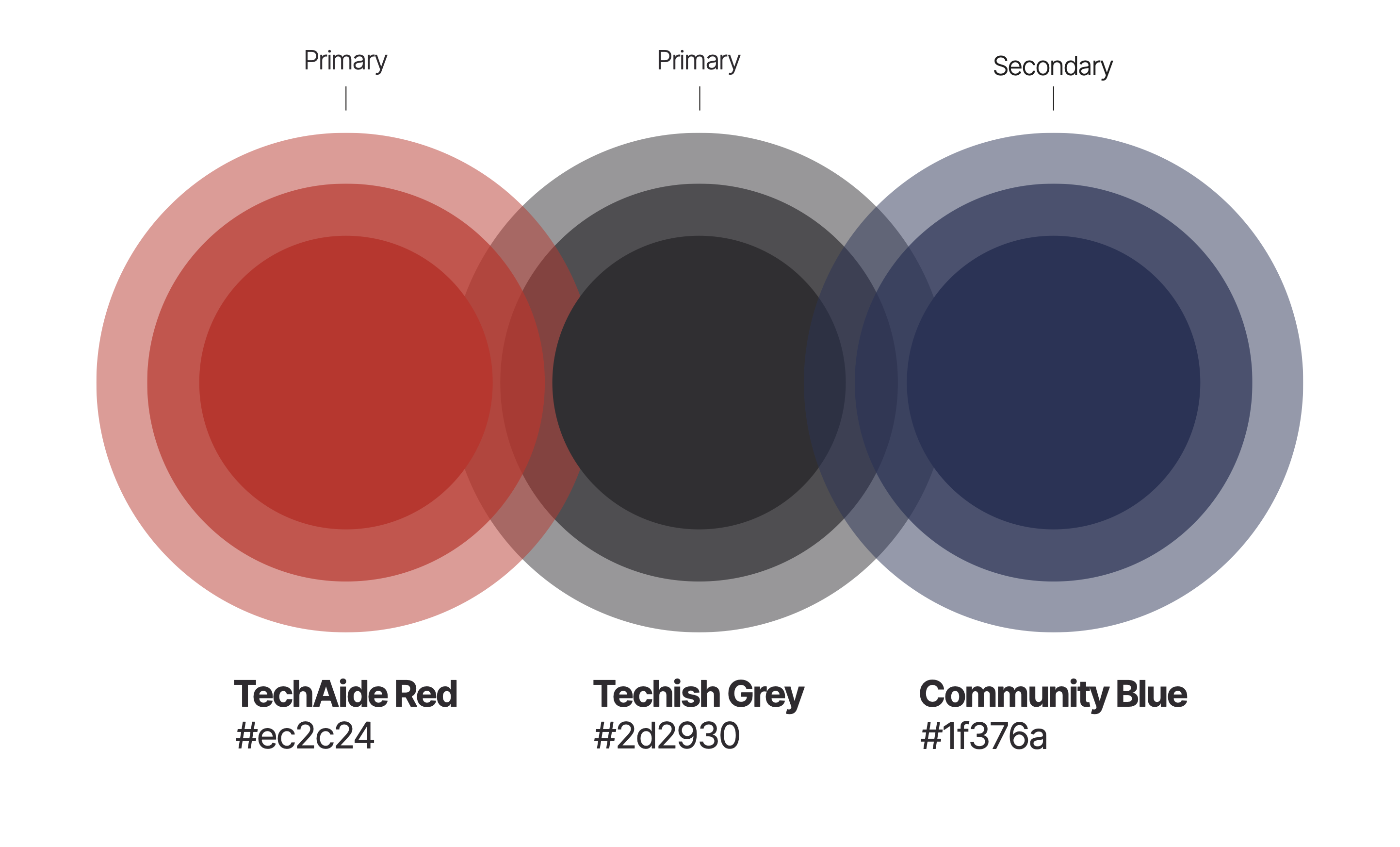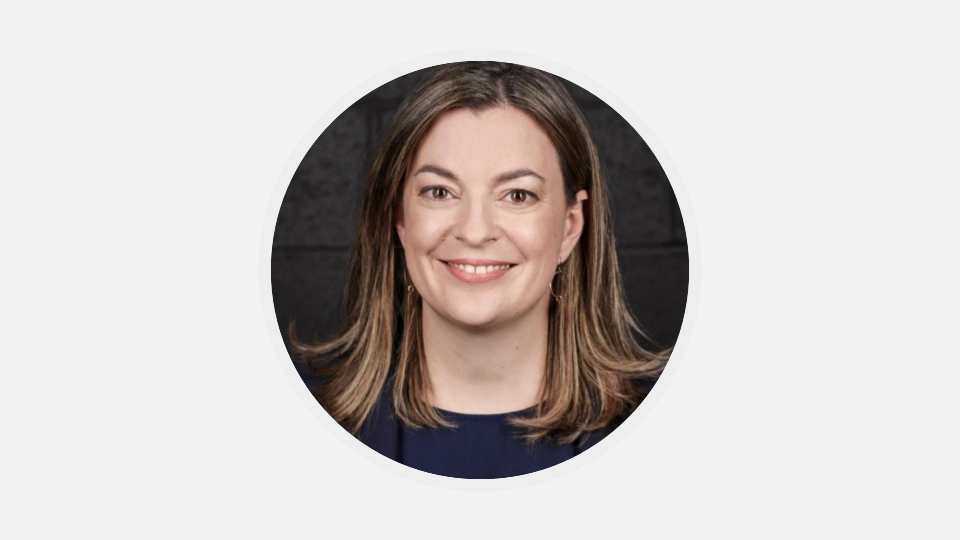Interview
A Conversation with TechAide Leader, Carolina Gallo on Social and Environmental Justice
TechAide launches new interview series featuring conversations with tech leaders that decided to become a force for good to have a positive impact on the community, here in Montreal. Vice President, Government and Institutional Relations for Hitachi ABB Power Grids in Canada, Carolina Gallo shares with us her background and interest in social justice, which has led her to become a TechAide Leader today.
What in your life path has led you to work with the energy industry to develop sustainable solutions?
I was a lawyer turned communicator organizing and moderating an event at Concordia Campus with Steven Guilbault of Equiterre, Desiree McGraw, founder of the Gore Climate Project in Canada and the federal minister of science Kirstie Duncan…it was about sustainability and the climate ..and executives in the C-suite of ABB was in attendance. They asked for my card and that was that! I became part of the technology narrative for climate change and reducing GhGs for this multinational company that derives more than 60% of its revenue from tech that integrates renewable energy into a smarter, safer greener power grid.
How has your interest in social justice shaped your professional career?
Social and environmental justice has been a passion since the early days. I volunteered for Fo Niemi at the Montreal Centre for Research Action on Race Relations which convinced me to pursue a career in law, volunteered and helped set up the Peter McGill Table de Concertation, a community round table for social housing and the homeless, until 2020, a board member at Jour de la Terre Quebec…Human equity and the planet go hand in hand… like David Suzuki says…we are all animals in this ecosystem and we need to realize that the environment of clean air and earth is vital to our survival.
Do you think tech companies should invest more to develop their social responsibility?
Tech is a broad brush…it spans industrial sectors in city and resource infrastructure as well as disruptive digitals that are so ubiquitous in our daily lives with communications and devices that serve our every whim. The “uberization” of work means people are asking questions about not just environmental sustainability but the equity for humans and the future of work. Technology is the solution; it should not be perceived as the problem.
In 2020, you became a TechAide Leader to support Centraide’s actions in the fight against poverty and social exclusion in Greater Montreal. What motivated you to join TechAide?
To tell the truth, I thought it looked like a pretty cool group of people and that is not wrong… they are amazing!!!
Montreal is a big and beautiful city often taken as an example for its quality of life. Yet, it’s the same city where 39% of employed women live in economic insecurity with an income of less than $20,000 per year. Do you think it is still time to make a difference for these women?
The pandemic has revealed a lot of gaps in our social safety net. Our public health and welfare services are under pressure and efforts like ours, to help NGO’s distribute services and resources to families that are headed up by women and living under the poverty line as you describe are essential. Issues like early childhood education and daycare programs are critical to this demographic.
Many lives have been negatively impacted this past year. What optimistic message would you still like to share today?
The optimism of a happy ending is what I want to project: This is a beginning of a new story, a consciousness, as we are witnessing today, and we are going to evolve to a better place. Like Charles Dickens opening in A tale of two cities, it was the best of times, as well as the worst, a time of wisdom and foolishness. Community is everything and we just all need to work together.





